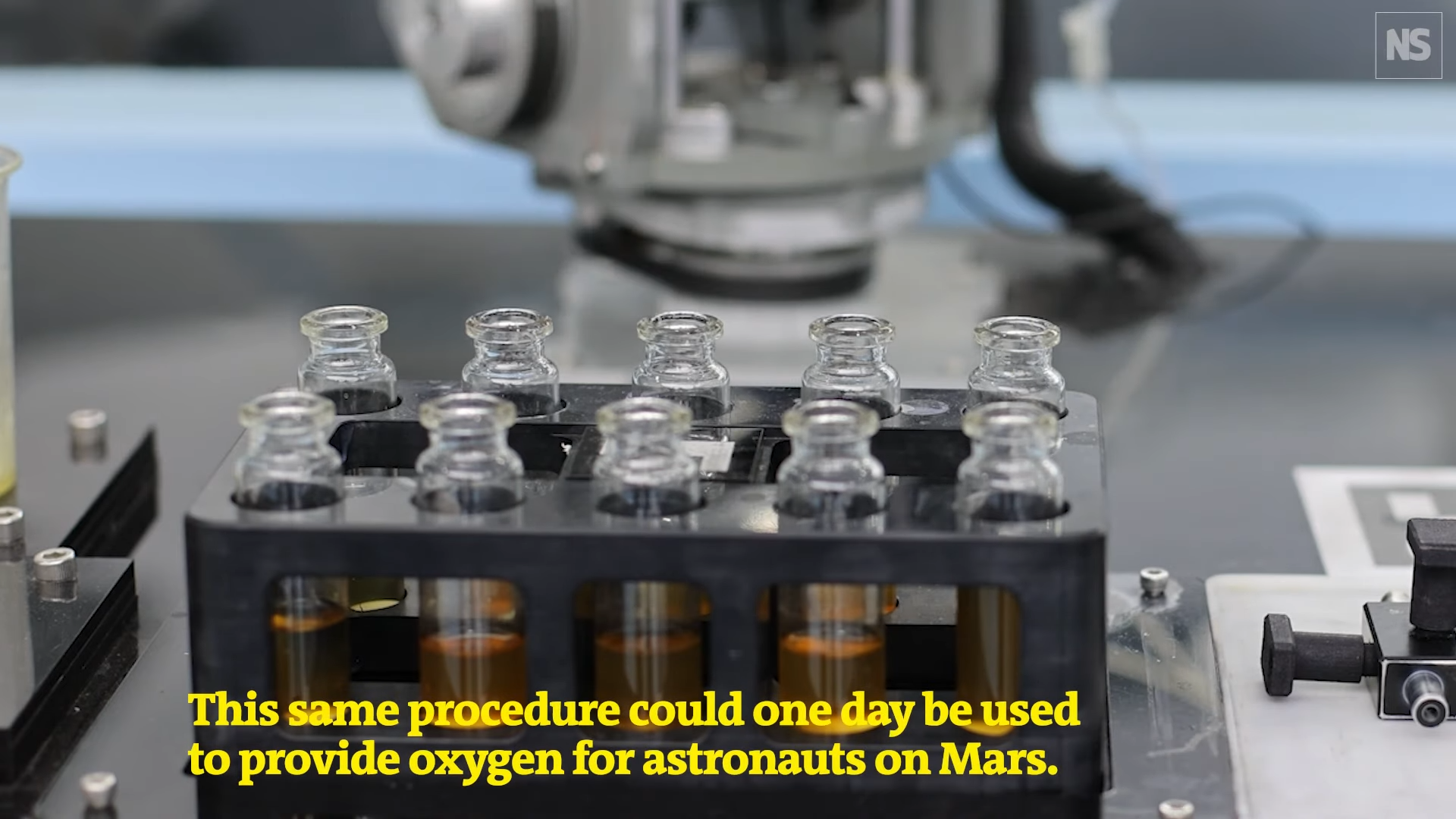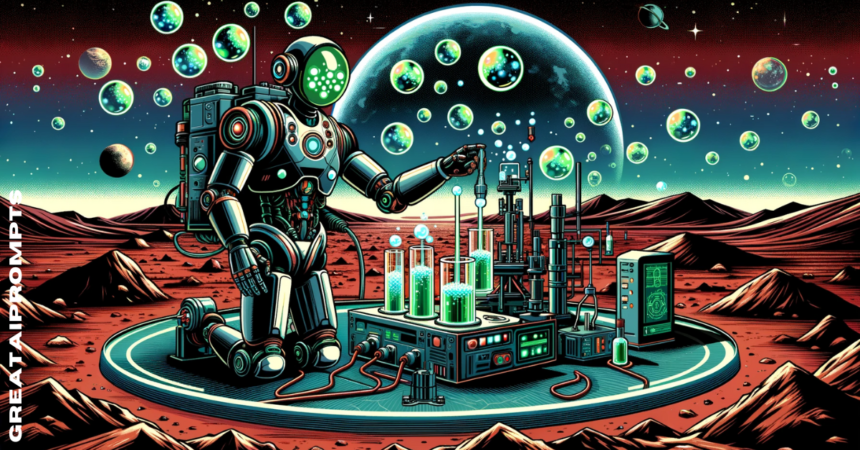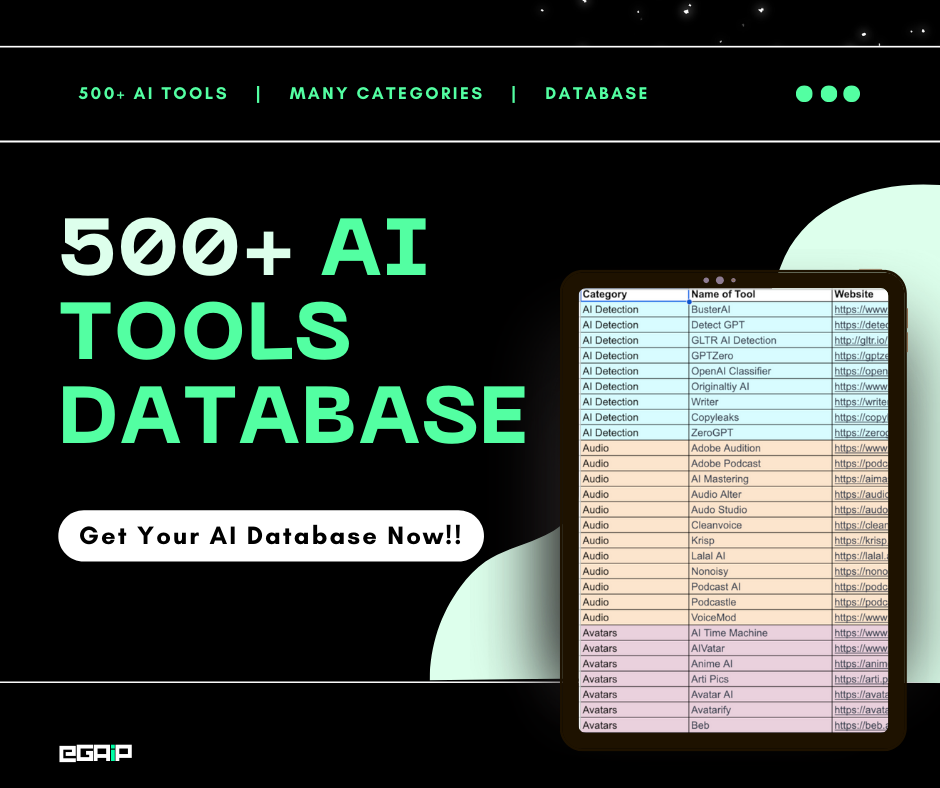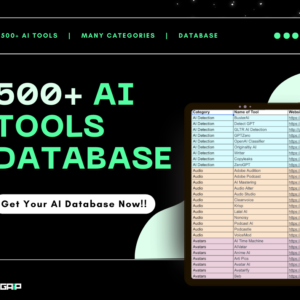- Chinese researchers have developed an AI robot chemist that can produce oxygen from Martian water, using local materials.
- The robot is efficient, potentially eliminating the need to transport oxygen from Earth for Mars missions.
- This technology competes with NASA's MOXIE experiment and has applications beyond space exploration, including on Earth and the Moon.
November 14, 2023: Researchers in China have made a groundbreaking advancement in space technology by developing an AI robot chemist that can potentially extract oxygen from Martian resources.
This novel approach uses Martian materials to create catalysts that can release oxygen from water, presenting a significant leap in the field of space exploration and resource utilization.

The team, led by Jun Jiang at the University of Science and Technology of China, employed a mobile machine with a robotic arm to analyze meteorites and Martian-like materials from Earth.
The AI system processed these materials to form catalysts capable of breaking down water, a resource known to exist in ice form on Mars. Remarkably, the AI accomplished this process in a much shorter time frame, which would have taken a human researcher millennia.
Andy Cooper, a chemist at the University of Liverpool, UK, highlights the importance of using local materials for missions to Mars, underscoring the potential of this technology.
The system’s ability to produce nearly 60 grams of oxygen per hour from each square meter of Martian material could significantly reduce the need to transport oxygen from Earth, enhancing the feasibility of sustained human presence on Mars.
This development comes amidst other efforts to generate oxygen on Mars, such as NASA’s MOXIE experiment on the Perseverance rover, which has successfully produced oxygen from the Martian atmosphere.
However, MOXIE’s current output is limited, and a scaled-up version is required for larger human settlements.
Jiang envisions a broader application for the robotic chemist, suggesting it could also synthesize other essential catalysts for activities like plant fertilization.
The technology’s potential extends beyond Mars, with possibilities on the Moon and in various fields of chemistry on Earth.










